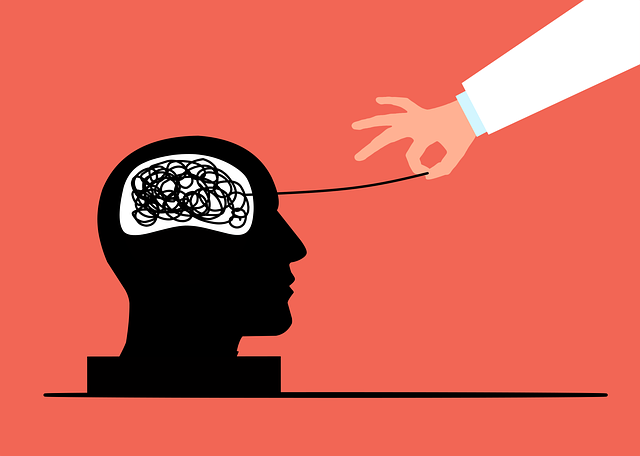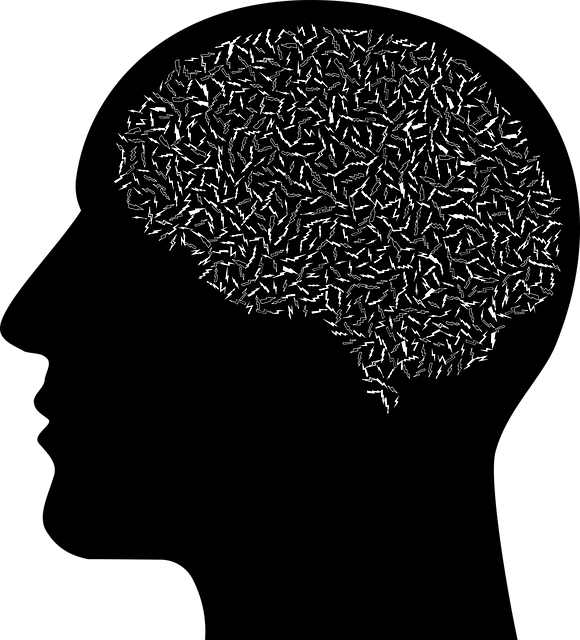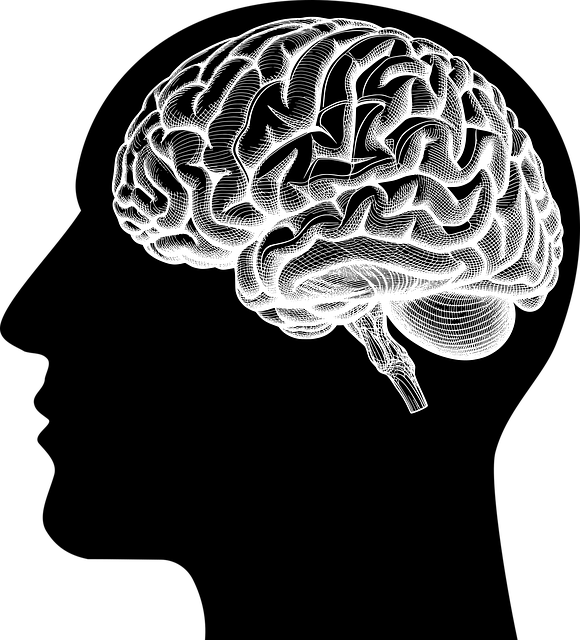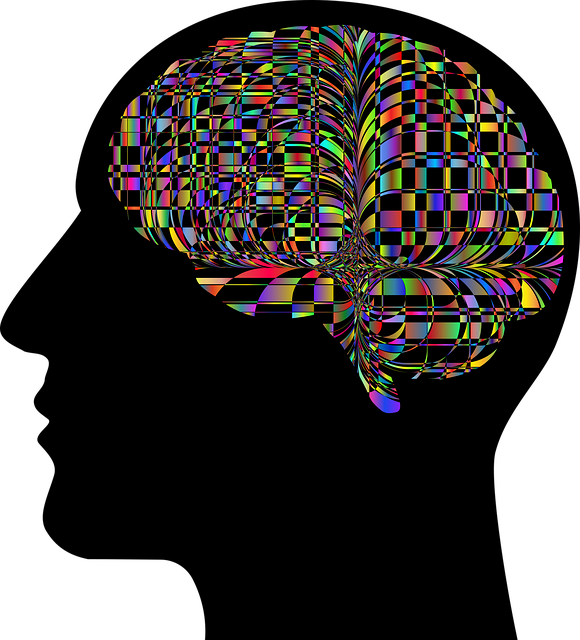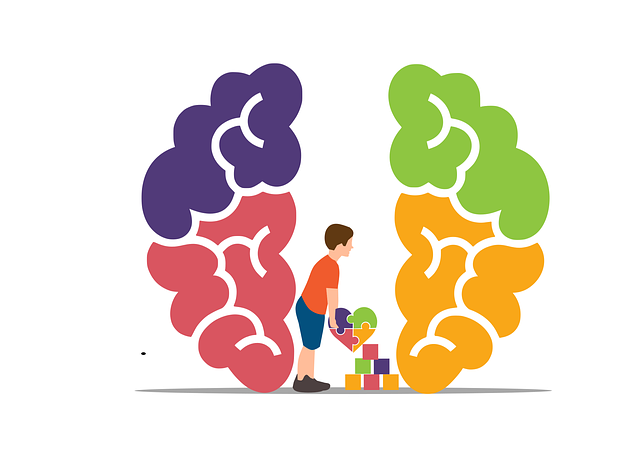Boulder Bariatric Evaluations Therapy offers specialized Mental Health Education programs that integrate social skills training, empowering individuals to manage their mental health effectively in social settings. Their holistic approach combines Mind Over Matter principles, self-awareness exercises, and practical techniques like active listening and body language interpretation to boost self-esteem, reduce anxiety, and improve overall well-being. Through group therapy and public awareness campaigns, they help clients build confidence, connect with others, and develop inner strength, ultimately enhancing their quality of life.
Social skills training is a powerful tool for managing mental health conditions. This comprehensive guide explores the intricate connection between social abilities and psychological well-being, highlighting how therapy can enhance interaction skills for a healthier mind. We delve into effective strategies tailored to daily life, offering valuable insights for individuals seeking to improve their mental health through enhanced social connections. Discover practical steps towards better mental well-being with Boulder Bariatric Evaluations Therapy’s expert guidance.
- Understanding the Link Between Social Skills and Mental Health
- The Role of Therapy in Enhancing Social Skills for Better Mental Well-being
- Practical Strategies for Daily Social Interaction and Support
Understanding the Link Between Social Skills and Mental Health

In today’s world, where mental health awareness is increasingly taking center stage, recognizing the profound impact of social skills becomes imperative. The connection between robust social skills and improved mental well-being is a topic of growing interest in therapeutic circles. Individuals with strong social competencies often exhibit enhanced coping mechanisms, better stress management, and a sense of belonging, all of which contribute to a more resilient mindset. Conversely, those struggling with social anxiety or interpersonal difficulties may face challenges in managing their mental health conditions effectively.
Boulder Bariatric Evaluations Therapy, for instance, offers specialized programs that integrate Mental Health Education, focusing on empowering individuals with the necessary tools to navigate social situations with confidence. These evaluations and subsequent therapies aim to design personalized strategies to boost self-esteem and interpersonal interactions. By addressing social skills gaps, Mental Health Policy Analysis and Advocacy become more accessible, as individuals gain the confidence needed to advocate for their mental health needs in various settings.
The Role of Therapy in Enhancing Social Skills for Better Mental Well-being

Social skills training is a powerful tool within the realm of mental health support, and therapy plays a pivotal role in enhancing these abilities for better well-being. Boulder Bariatric Evaluations Therapy, for instance, integrates Mind Over Matter principles to foster meaningful connections and improve social interactions. Through tailored programs designed around Mental Health Education, individuals learn effective communication strategies, empathy, and emotional regulation—skills crucial for navigating relationships and reducing social anxiety.
The process involves Self-Awareness Exercises that encourage introspection and understanding of one’s own emotions and behaviors. This introspective approach equips individuals with the ability to interpret others’ cues, fostering a sense of belonging and enhancing their overall mental health. By combining these therapeutic interventions, clients can build confidence in social settings, improve their quality of life, and achieve a more fulfilling existence.
Practical Strategies for Daily Social Interaction and Support

In navigating social interactions, individuals with mental health conditions often benefit from practical strategies that foster daily support and confidence. One effective approach is to start small, identifying comfortable social settings or activities, such as joining a local support group or engaging in community events. These initial steps help build a sense of security and gradually expose them to various social scenarios.
Additionally, practicing active listening and non-verbal communication can significantly enhance social skills. Learning to read body language, maintain eye contact, and show genuine interest in others not only improves connections but also reduces feelings of isolation. Boulder Bariatric Evaluations Therapy, for instance, often incorporates these techniques into their programs, focusing on Anxiety Relief and Inner Strength Development through group therapy sessions and public awareness campaigns development.
Social skills training plays a pivotal role in managing mental health conditions, fostering better interactions, and enhancing overall well-being. By combining therapy with practical strategies, individuals can navigate social situations more confidently. Incorporating these techniques, akin to Boulder bariatric evaluations that tailor treatments, allows for personalized care, ensuring improved mental health outcomes. Through therapy, practical strategies, and supportive environments, individuals can develop the skills needed to thrive socially and mentally.
